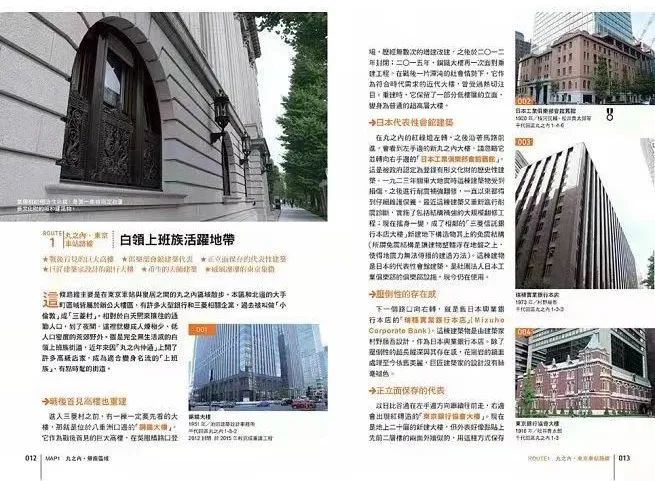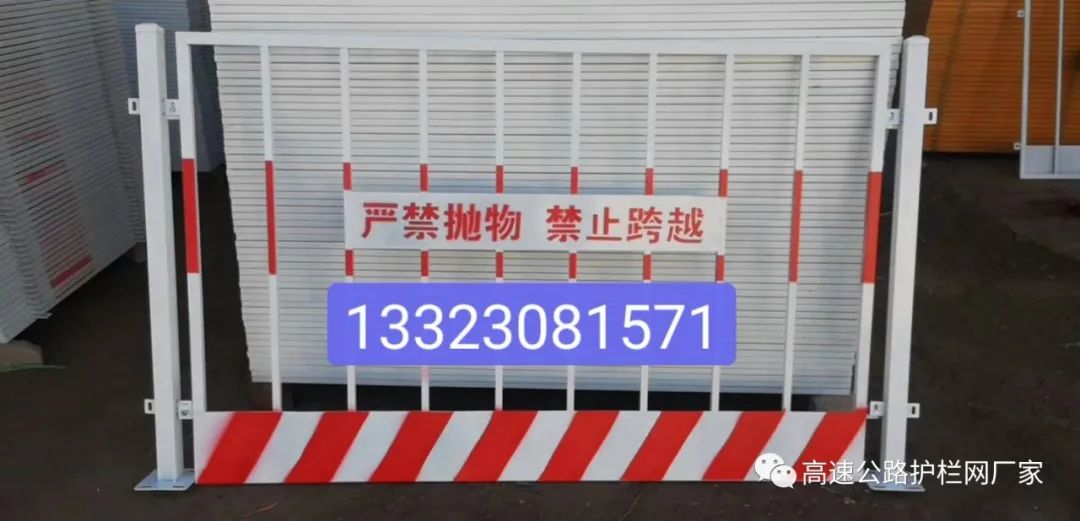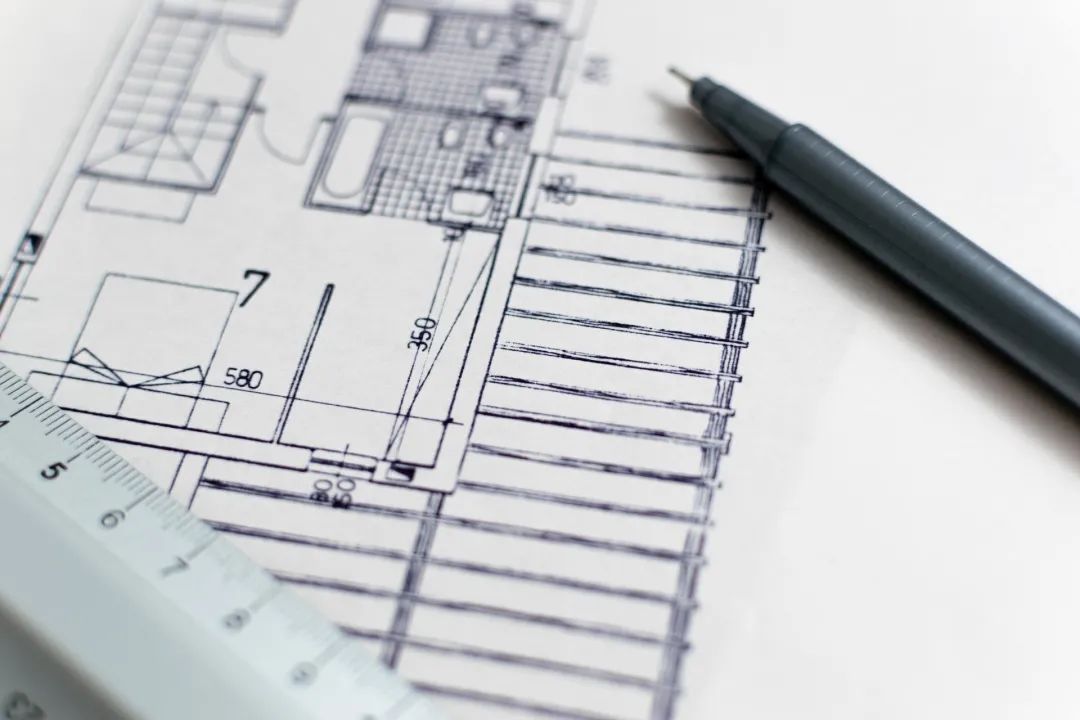Tokyo is a living architectural museum! After the great Kanto earthquake and the great Tokyo air raid, Tokyo has both traditional and modern architectural cultural heritage
. 
It not only has buildings spanning the Meiji, Taisho and Showa periods, but also has a gorgeous and diverse architectural lineup with the styles of Kirby, Bauhaus and Wright
. 
With his unique vision, architect matsutada Li guides the readers through Tokyo’s architectural journey like a treasure hunt
. 
Through the streets and alleys, he visits national treasure buildings, masterpieces, and even the details of unusual buildings
. 
Even if you have visited Tokyo many times, you can start a new journey as long as you take this guide and step into the alleys you have never walked into
. 
Tsuyomu Matsuda was born in Tokyo in 1950
. 
He graduated from the Department of architecture, Department of science and engineering, University of Japan
. 
Graduate School of architecture and urban studies, University of Kansas, USA
. 
He has worked in architectural design firms at home and abroad, and now he is the representative of matsutada architectural design firm
. 
Lecturer of Aichi University of technology, former member of Japan Architects Association, member of Japan penclub, first class architect (Management architect)
.
From the perspective of an architectural designer, this paper introduces the historical origin, construction framework and application of the key characteristic buildings in each block
.
At the same time, the walking route of architectural scenic spots is reasonably planned for readers
.
The book not only lists Japan’s important political, economic, cultural and other historical buildings, but also the new landscape discoveries of Tokyo
.
Architecture is an artificial environment created through the use of material and technical means, the use of certain scientific laws, Feng Shui concepts and aesthetic principles
.
From the perspective of art, people use architecture to convey some of the most basic emotions and symbolize some of the most basic meaning of life
.
Tokyo, as the political and economic center of Japan, is endowed with inexhaustible dynamism by the numerous crowds and surging traffic
.
A bird’s-eye view of the city’s day and night, between the immovable buildings and the endless stream of people and cars, the flow of energy never seems to stop
.
Dynamic and static interweave to form a unique architectural humanistic system of the city
.
As a part of culture, architecture is the product of the unity of man and nature
.
The integration of architecture and environment shows the cultural heritage and development of a region
.
Japanese architecture has always been known for its simple appearance and elegant color, which gives people a sense of solemnity and tranquility
.
The traditional architecture in Tokyo can trace the trace of ancient Chinese architecture
.
With the development of modern society, some buildings are combined with the concept of European architectural design, and the style is more like the product of the combination of Europe and Japan
.
If you look at the architecture, you can understand the past and present of one side
.
In the architecture, you can taste the taste of a city
.
When there are professional architects for you to understand the history of urban architecture in simple terms, in the shortest time to deeply appreciate the culture of a city, what better than this? Architects strictly select 50 routes, select the characteristic buildings missed by the tourist guide, and the local customs and cultural details that tourists can’t see
.
2
.
2
.
Practical Tokyo architectural Atlas: each building provides information such as name, location, year and architect, and briefly describes the history of the building and comments on the design style
.
3
.
The most intimate walking plan: in addition to the route, the number of buildings, the starting station / terminal station and the food rest place within the scope indicated in the route map of each area, the route difficulty / brilliance, the total distance, the reference time and the heat consumption shall be shown in the table
.
4
.
The most efficient travel in the alley: you can easily visit 500 characteristic buildings in 50 hours
.
With detailed planning and rich information, you can freely taste the beautiful cultural landscape of the old city
.
。
.




